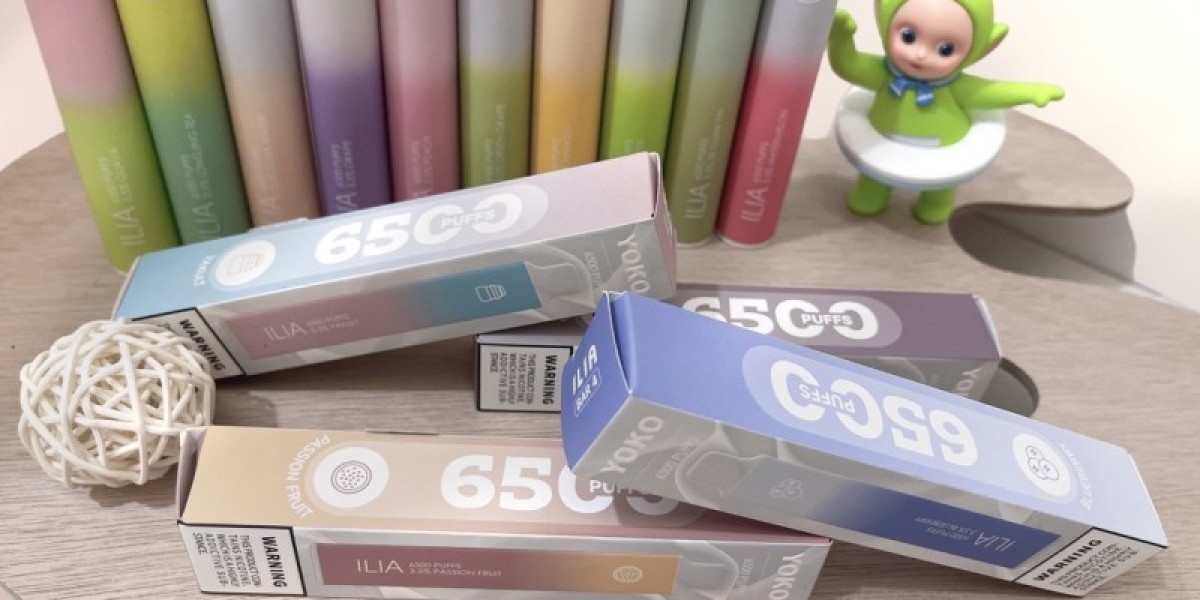Depression and guilt often go hand in hand, creating a vicious cycle that can be difficult to break. Guilt can stem from perceived failures, past mistakes, or even feeling like a burden to others, and it often amplifies depressive symptoms. However, there’s a powerful tool that can help break this cycle and pave the way toward emotional healing: self-compassion.
Self-compassion, the practice of treating yourself with kindness and understanding during difficult times, has been shown to reduce feelings of guilt and alleviate symptoms of depression. This article explores the connection between depression, guilt, and self-compassion, and provides practical ways to cultivate self-compassion in your daily life.
Understanding the Connection Between Depression and Guilt
Guilt often arises from feelings of inadequacy or self-blame. For individuals experiencing depression, these feelings can become overwhelming and persistent, leading to negative self-talk and a deep sense of shame. This can create a feedback loop where guilt feeds depression, and depression intensifies guilt.
Some common examples include:
- Feeling guilty for not meeting expectations at work or home.
- Blaming oneself for past mistakes or conflicts.
- Believing that asking for help is a burden on others.
When guilt is left unchecked, it can lead to a harsh inner critic, further eroding self-esteem and prolonging depressive episodes.
The Role of Self-Compassion in Healing
Self-compassion interrupts the cycle of depression and guilt by replacing self-criticism with self-kindness. Psychologist Kristin Neff, a leading researcher in self-compassion, outlines three key components of the practice:
- Self-Kindness: Treating yourself with the same understanding and patience you would offer a friend, rather than judging yourself harshly.
- Common Humanity: Recognizing that suffering is a universal experience, and you are not alone in your struggles.
- Mindfulness: Being present with your emotions without overidentifying with them or suppressing them.
By practicing self-compassion, you can begin to view your mistakes or setbacks as opportunities for growth rather than as evidence of failure. This shift in perspective reduces feelings of guilt and helps build emotional resilience.
How to Cultivate Self-Compassion
Here are some practical strategies to incorporate self-compassion into your daily life:
1. Challenge Negative Self-Talk
Start by identifying the negative thoughts you have about yourself. For example, instead of saying, “I’m such a failure for making that mistake,” try reframing it as, “I made a mistake, but I’m learning and growing.”
2. Practice Self-Soothing Techniques
When feelings of guilt or depression arise, engage in soothing activities like:
- Taking a warm bath.
- Practicing deep breathing.
- Journaling your thoughts and feelings.
These practices can help you feel more grounded and calm during emotional turbulence.
3. Write Yourself a Compassionate Letter
Think of a situation that’s causing you guilt or shame. Write a letter to yourself as if you were offering advice to a dear friend in the same situation. This exercise helps you tap into your compassionate side and view the situation with greater understanding.
4. Meditate on Self-Compassion
Guided self-compassion meditations can help you focus on kindness and acceptance. Apps like Headspace and Insight Timer offer free meditations specifically designed to foster self-compassion.
5. Seek Professional Support
Sometimes, guilt and depression can feel too overwhelming to tackle on your own. A mental health professional can guide you through self-compassion practices tailored to your unique needs.
The Benefits of Self-Compassion for Depression and Guilt
Practicing self-compassion doesn’t mean ignoring your mistakes or avoiding responsibility. Instead, it allows you to approach challenges with a balanced mindset. The benefits include:
- Reduced Guilt: Self-compassion shifts the focus from self-blame to self-acceptance, making it easier to move forward.
- Improved Mood: By treating yourself with kindness, you can alleviate feelings of sadness and hopelessness.
- Enhanced Resilience: Self-compassion helps you bounce back from setbacks with greater ease.
- Better Relationships: When you’re kinder to yourself, you’re more likely to extend that kindness to others, improving interpersonal connections.
FAQs About Depression, Guilt, and Self-Compassion
Q: Can self-compassion really help with clinical depression?
A: While self-compassion is not a replacement for professional treatment, it is a powerful complement to therapy and medication. Research shows that cultivating self-compassion can significantly reduce depressive symptoms and improve emotional well-being.
Q: What if I feel selfish practicing self-compassion?
A: Self-compassion is not selfish. It’s about giving yourself the care and understanding you need to heal. When you treat yourself with kindness, you’ll be better equipped to support others as well.
Q: How long does it take to see results from self-compassion practices?
A: The benefits of self-compassion can vary depending on your consistency and willingness to practice. Many people begin noticing a shift in their mindset within a few weeks of incorporating self-compassion exercises into their routine.
Q: Can I practice self-compassion if I’ve made serious mistakes?
A: Absolutely. Self-compassion isn’t about excusing harmful behavior—it’s about acknowledging your humanity and learning from your mistakes. By being kind to yourself, you’re more likely to make amends and grow.
Break Free from Guilt and Depression with SDKare
At SDKare, we understand that breaking free from depression and guilt can feel like an uphill battle. That’s why we’re here to support you every step of the way. Our telehealth services connect you with compassionate mental health professionals who specialize in helping you cultivate self-compassion, overcome guilt, and improve your emotional well-being.
Start your journey to better health today. Book an appointment with SDKare and take the first step toward a brighter, more compassionate future—all from the comfort of your home.
By embracing self-compassion and seeking the right support, you can break free from the grip of depression and guilt, paving the way for emotional healing and resilience. Start small, be consistent, and remember—you’re worth it.









